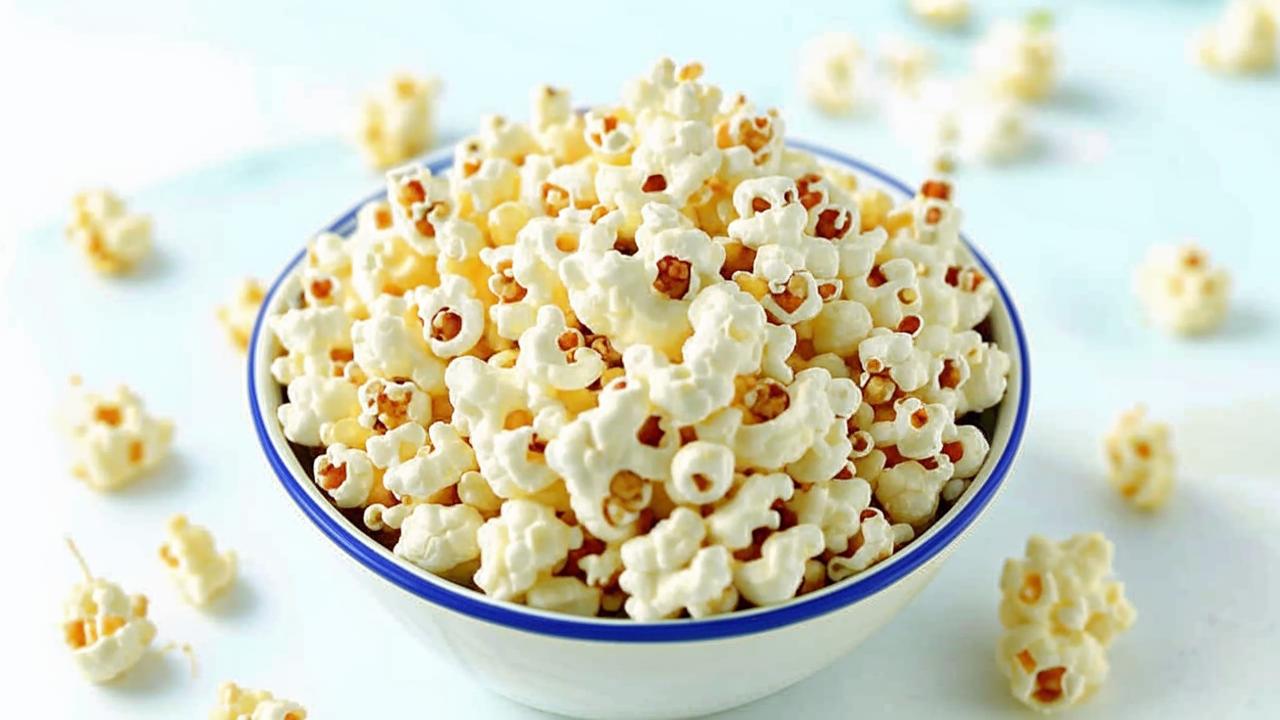Let’s find out together with a nutritionist.
Fats play an important role in the body. They are used to build the cell membrane and nerve cells, synthesize sex hormones. Even the brain consists of 60% of fats. Deficiency of these substances adversely affects sexual desire, hormonal health, quality of memory and emotional state. But there are real enemies of health among fats – and we will talk about them.

founder of the International Institute of Integrative Nutritionology
The real enemies of human health are trans fats. They cause inflammation in the body, obesity, insulin resistance.
What are the benefits of fats and in which products they are contained?
Nat: Useful fats play an important role in the human body (plant and animal fats). They perform a structural function in the body and serve as a powerful source of energy. The daily diet usually contains saturated, polyunsaturated and monounsaturated fatty acids. For example, if a fat is solid or semi-solid, it is saturated, and if it is liquid, it is unsaturated. The rest of the products with the content of useful fats added to the table.

Useful fats
| Animal | Butter, fatty types of cheese, duck meat, chicken yolk, beef liver, beef tongue, goose liver, lard, quail eggs, cod liver, sardine, herring, salmon, pink salmon, horse mackerel, capelin, rainbow trout, hake, cod, fish oil, krill oil. |
| Vegetable | Avocado, nut cheese, olives, nut milk, pine nuts, pumpkin seeds, chia seeds, almonds, pistachios, walnuts, Brazil nuts, pecans, flax, cashews, sesame, tahini, vegetable oils: olive, pumpkin, coconut, hemp, avocado, linseed. |
What should be excluded from the diet
The real enemies of health are trans fats, which disrupt the cell membrane due to their “wrong” shape, cause inflammation, obesity, insulin resistance. Just 2g of trans fats per day increases the risk of cardiovascular disease by 21% and mortality by 28%.

Industrial trans fats include margarine and its derivatives under other names:
- vegetable fat;
- hydrogenated fat;
- spread (fat product);
- oil-containing product.
As well as industrially manufactured products:
- Industrial baked goods – breadcrumbs, cookies, waffles, cakes, pastries;
- mayonnaise and other similar sauces;
- popcorn, crackers, chips;
- convenience foods;
- deep-fried foods.
- use whole flax, sesame or hemp seeds, not flour – if flour is necessary, grind seeds just before use to avoid oxidation;
- use ghee oil, animal fats, natural lard, coconut oil for frying.
How to consume foods containing fats
Include bitter foods in your diet: watercress, mustard leaf, chard, ramson leaf, green onions, lettuce, chicory lettuce, lollo rosso, romaine lettuce, arugula, portulaca, dandelion, vegetable amaranth. They improve bile secretion and help fats to be digested.
Do not combine the intake of fatty foods with the consumption of cold or carbonated water (this disrupts bile flow).

Allow at least four hours between meals to allow fats to digest.
Minimize your intake of foods containing trans fats.
Increase vegetables, fruits, whole grains, poultry, fish and nuts.
Cook only with non-hydrogenated vegetable oils, such as olive oil, which contains healthy fats.
Don’t buy skim foods, as they often use vegetable trans fats instead of milk fat.
Read food ingredients and labels carefully to ensure that your diet contains only natural foods with healthy fats.





